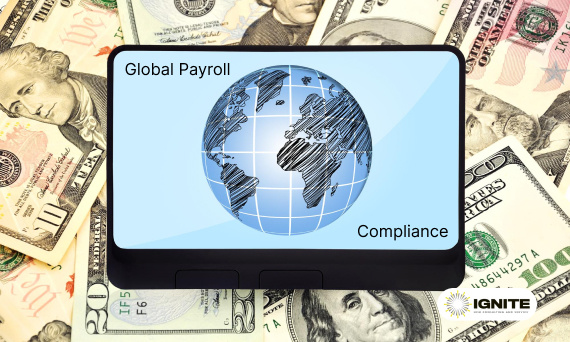
In an era of unprecedented global interconnectedness, businesses are increasingly extending their reach across borders, cultivating diverse workforces that span multiple countries. While this expansion opens doors to innovation and growth, it also presents a labyrinth of challenges, particularly in the realms of payroll management and regulatory compliance. Mastering these intricacies demands not only meticulous planning and attention to detail but also a nuanced understanding of local regulations and cultural subtleties.

At the heart of global payroll complexity lies a rich tapestry of local regulations and compliance requirements. Each nation weaves its own unique pattern of labor laws, tax codes, social security mandates, and reporting obligations. For multinational enterprises, deciphering and adhering to these multifaceted requirements is akin to solving a constantly evolving puzzle. Success in this arena hinges on developing a comprehensive understanding of local legal landscapes and cultivating the agility to adapt swiftly to regulatory shifts.
The global stage introduces an additional layer of intricacy through currency exchange dynamics. Payroll managers must navigate the choppy waters of exchange rate volatility, which can lead to discrepancies in salary disbursements, unexpected conversion fees, and budgetary uncertainties. Mitigating these risks calls for sophisticated strategies, such as implementing robust hedging mechanisms, leveraging cutting-edge multi-currency payroll solutions, and maintaining a vigilant eye on global currency trends.

In our digital age, data privacy and security stand as paramount concerns in global payroll operations. The introduction of stringent regulations like the European Union's General Data Protection Regulation (GDPR) has elevated the stakes for protecting employee information. Multinational organizations must thread the needle of compliance with diverse data protection laws while implementing ironclad cybersecurity measures to shield sensitive data from breaches and unauthorized access. Forging partnerships with reputable payroll providers and harnessing secure cloud-based platforms can significantly bolster data protection efforts.
The human element of global payroll operations introduces its own set of challenges. Diverse teams spread across different cultures and languages can face formidable barriers to effective communication and coordination. Time zone disparities, linguistic misunderstandings, and cultural nuances can impede smooth collaboration and lead to delays in critical payroll processes. Overcoming these hurdles requires a multifaceted approach, including investments in cross-cultural training, provision of robust language support services, and the establishment of clear, efficient communication channels.
Accurate and punctual reporting stands as a cornerstone of compliance with local statutory requirements. However, the task of consolidating payroll data from disparate systems, ensuring consistency across varied reporting formats, and meeting strict deadlines can be daunting in a global context. The key to unraveling this riddle lies in the implementation of centralized payroll systems, standardization of reporting processes, and strategic deployment of automation tools to streamline operations and enhance accuracy.

The global payroll landscape is in a state of constant flux, with new regulations and compliance requirements emerging at a rapid pace. To thrive in this dynamic environment, businesses must cultivate a culture of agility and adaptability. This involves establishing robust compliance monitoring processes, conducting regular audits, and maintaining close ties with industry associations and legal advisors to stay ahead of regulatory curves.
Navigating the complexities of global payroll and compliance is an ambitious endeavor that demands strategic vision, meticulous execution, and a deep appreciation for the nuances of local regulations and cultural contexts. By acknowledging and addressing the multifaceted challenges inherent in global payroll operations, businesses can streamline their processes, mitigate compliance risks, and ensure accurate, timely compensation for their global workforce.
The path to success in this arena is paved with technological innovation, strategic partnerships with experienced payroll providers, and a steadfast commitment to fostering a culture of compliance and continuous improvement. Armed with these tools and mindsets, businesses can confidently chart their course through the intricate waters of global payroll, steering toward success in the vast expanse of the international marketplace.


